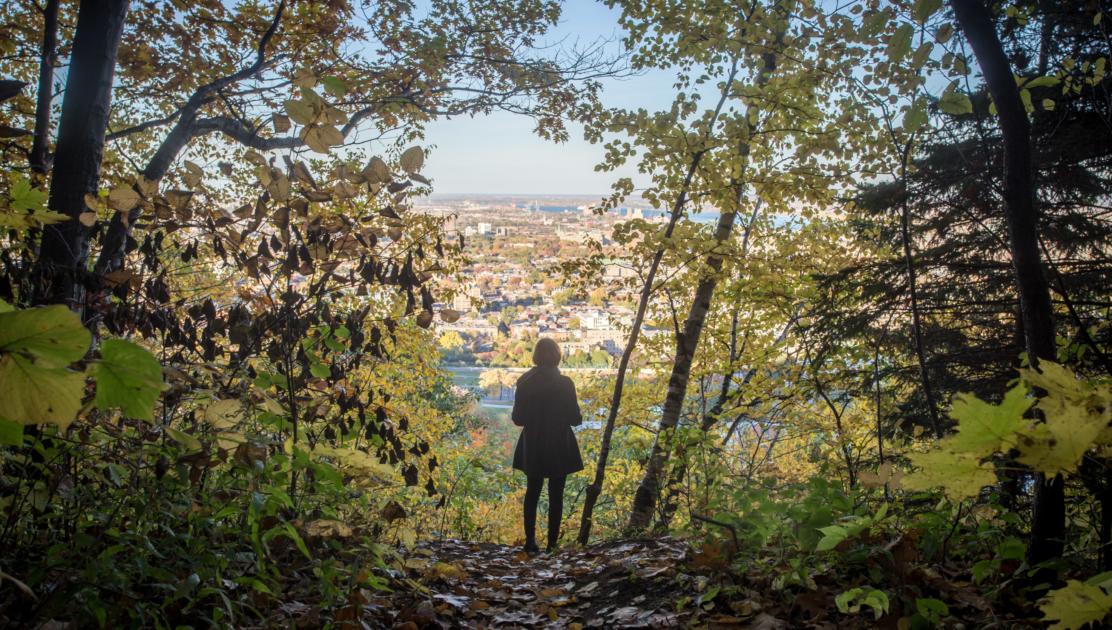In Search of Societal Altruism
Our co-founder reflects on the healing and regenerative potential of a new paradigm.
By Jonathan F. P. RoseWe live in a time of great uncertainty, with the triple threat of increasingly volatile climate change, political polarization, and income inequality. It feels like the political, economic, and governance systems of our civilization are not only unequal to these challenges, but being fractured by them.
In times of great uncertainty, people tend to grasp at leaders with views they believe will ground them amid the rocky state of affairs. They tend to fall into two camps: polarizing populism, and alluring altruism.
Populists are often rigid fundamentalists. They counter evolutionary forces with reactionary ideas and resist adaptation. Altruists create compassionate, resilient, learning societies that can adapt to changing circumstances and are more likely to navigate the volatility of this century successfully.
But what does it really mean to seek an altruistic society? Auguste Comte, one of the fathers of sociology invented the word, defining altruism as “elimination of selfish desire and or egocentrism, as well as leading a life devoted to the well- being of others.” Mathieu Ricard subtitled his book Altruism “the power of compassion to change yourself and the world.” For the ancient Greeks and early Christians, altruism is agape, the highest form of charity and selfless love. In the Pali literature, Buddhism and Jainism it is karuṇā, compassion and the desire to relieve suffering, which is an essential part of the spiritual path. In Islam, it is ithaar, or selflessness. In Judaism it is the basis of tikun olam, the work of repairing or improving the world.
These definitions and traditions are expressed in terms of individual altruism, which is clearly deep in our history and in our DNA. But only altruism on a societal scale, at the systems level, will be powerful enough to match the scale of the problems we now face, and to move us along the pathways toward planetary health. We need to cultivate collective, societal, pervasive altruism.
As our colleague Paul Hawken points out, when extreme events tear a landscape apart, Nature’s propensity is to heal. For example, after a forest fire, an ecosystem immediately starts rebounding, first with fast-growing ground cover which protects the exposed soils, followed by grasses and small plants which feed animals, and so on through successive pathways which step by step rebuild a rich and biodiverse forest. It’s a deeply encoded, systemic process.
In the same way, when human ecology is disrupted, people instinctively take action to heal it. In her book A Paradise Built in Hell, Rebecca Solnit observes that when fires, earthquakes or other disasters destroy a city, people immediately, instinctively set up emergency centers, prepare and distribute food, direct traffic, provide housing. They generally do it with great care for others, and little care for themselves. They don’t see it as sacrifice; they see it as service. It serves to set them collectively on a progressive, systemic path toward recovery and rebuilding. New Yorkers experienced this twice in recent decades, after 9/11 and Superstorm Sandy.
It’s apparent that altruism isn’t just a behavior of enlightened individuals; it can also be systemic. Like the natural healing function built into nature’s DNA, it’s a collective, pervasive, emergent human function. The question is, if altruism is part of our DNA, what will it take to awaken on a societal scale, it in time to heal the planet? Ecosystems can heal themselves, and people can instinctively pull together to heal a city, but it often takes a deep disruption like a fire or an earthquake to trigger the healing response on a large scale. We can’t wait until some massive disruption threatens civilization itself to awaken societal altruism. How do we do it now, before such a disruption occurs?
That’s not a rhetorical question; it’s an urgent one the Garrison Institute’s Pathways to Planetary Health program is working to answer in concrete ways. Today, the dominant paradigm for assigning value is degenerative, maximizing extraction and consumption, rewarding the success of the individual or corporation. Pathways to Planetary Health is outlining a regenerative paradigm that nurtures the health of the whole, drawing its principles from ecological systems. It takes societal altruism, the ethic of seeking the common good above all else, as the cornerstone of regenerated future.
